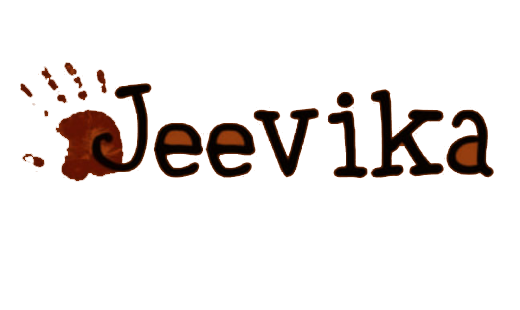30-31 Oct, 1 November 2015 | Siri Fort Auditorium, New Delhi, India
Jeevika is a means of living, especially of earning enough money to feed oneself.
| 1. CONTENTS 1.1 OBJECTIVES: a) To document the livelihood challenges of the rural and urban poor across Asia. b) Identify and bring to light policies and social, religious and cultural practices which prevent people from earning an honest living and being an entrepreneur. c) To highlight the policy challenges of:
d) Advocate with the policy makers for changes in policies and with social leaders for changes in practices that can have far-reaching impacts on the lives of the poor. 1.2 SUBJECT: The subject of the films must be on the livelihood of the individuals & communities of the following nations: Afghanistan, Bangladesh, Bhutan, Brunei, Cambodia, East Timor, Hong Kong, India, Indonesia, Iran, Japan, Kazakhstan, Kyrgyzstan, Laos, Macau, Malaysia, Maldives, Mongolia, Myanmar, Nepal, North Korea, Pakistan, People’s Republic of China, Philippines, Singapore, South Korea, Sri Lanka, Vietnam, Uzbekistan, Turkmenistan, Thailand, Tajikistan, Taiwan. 1.3 FILMAKERS: The filmmakers can be of any nationality. 1.4 LANGUAGE: The entry could be in any language. It must have English sub-titles. 2. ENTRY CONDITIONS
3. EVALUATION PROCESSa) Screening Committees b) The five-member Screening Committee (2) comprising of five members will meet to shortlist the best twenty entries. The directors/producers of short listed entries will be notified by the last week of September 2015 and may be requested to send stills & more copies of films for multiple screenings. They are also invited to participate in the Festival 2015, New Delhi, especially to introduce and discuss their films. c) Jury: The five-member Jury will meet to evaluate the shortlisted entries and select the top three winners, special jury award and the Best Student Film. For a blind and fair review, the identities of the Screening Committee and Jury members will not be disclosed until the declaration of the final result. 4. THE AWARDS The winners of the 2015 Jeevika festival will take home an exclusively designed Jeevika trophy and cash prize will be awarded to the winners during the Festival. Awards Category: 1. Best FEATURE Documentary: INR 50,000 (Above 30 minutes) 2. Best SHORT Documentary: INR 40,000 (Below 30 minutes) 3. Best STUDENT Documentary: INR 20,000 4. Best CINEMATOGRAPHY: INR 10,000 5. Best EDITING: INR 10,000 6. Jeevika FREEDOM Award: INR 10,000 One of the winners will win a trip and three nights stay to be part of the Asia Liberty Forum in January 2016 in Malaysia. Please Note: Taxes applicable as per the government rule. 5. BEYOND Jeevika 2015 CCS would like to screen select shortlisted films as part of the Livelihood Campaign in CCS seminars, various schools, colleges, cultural centers & organisations and at festivals in different parts of the country and the world. CCS would like to partner with other organisations to organise the Jeevika Festival in other countries, states and cities of the region. CCS would appreciate any such initiative by the directors and organisations. 6. About Centre for Civil Society Centre for Civil Society advances social change through public policy. Our work in education, livelihood, and policy training promotes choice and accountability across the private and public sectors. To translate policy into practice, we engage with policy and opinion leaders through research, pilot projects and advocacy. Vision: Each individual leads a life of choice in personal, economic and political spheres and every institution is accountable. |

